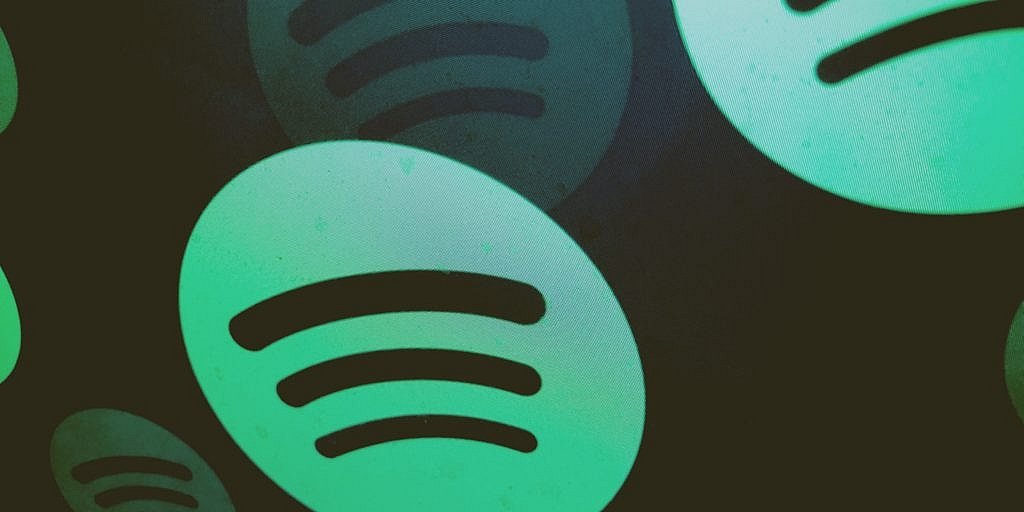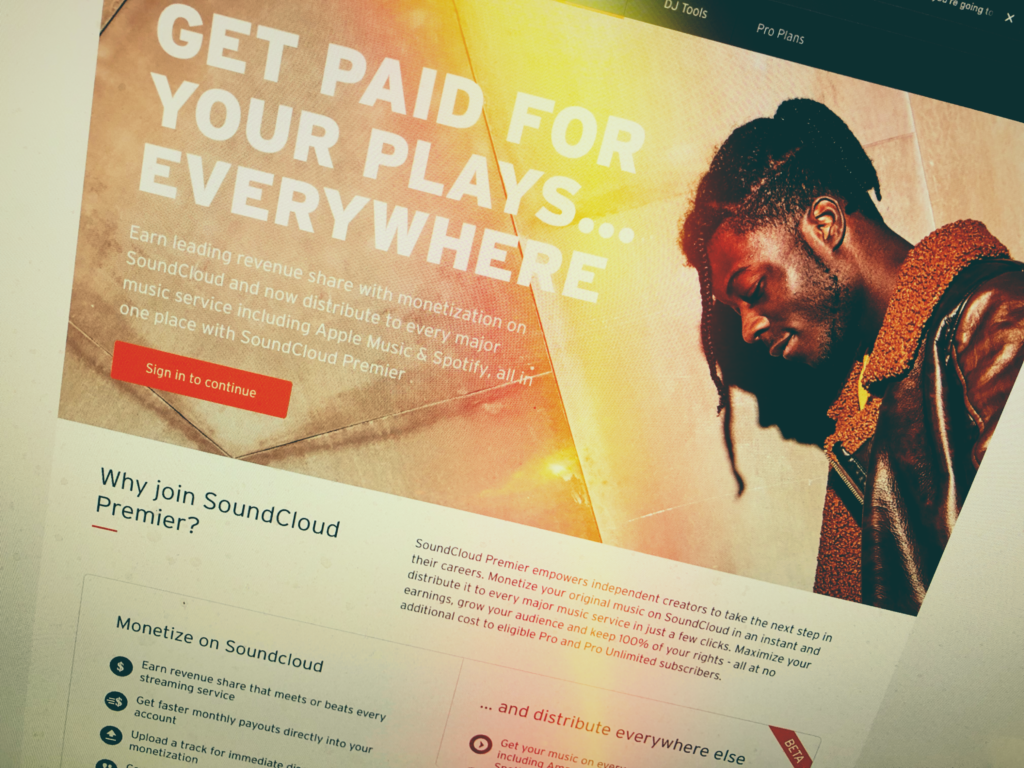
Spotify … announced a major change to how its playlists will operate, with the news that some of its previously human-curated [editorial] playlists will now be personalized based on listeners’ tastes. […] “Some playlists will now be personalized for each listener based on their particular taste. This means that for those specific playlists, no two will be the same,” the company shared in a blog post.
Spotify says it decided to make this change after finding that users listened longer to the personalized playlists, during a trial of the new system. It also notes that the new system will increase the number of artists featured on playlists by 30 percent and the number of songs listened to by 35 percent — metrics that artists will surely like.
I’m a huge fan of increasing discovery opportunities, so I welcome and am intrigued by this news. Though I wonder if Spotify’s creating a musical version of the ‘Facebook bubble,’ where listeners with narrow tastes don’t get introduced to artists outside of their established spectrum. The algorithmic playlist change could be beneficial for new artists among listeners with an already broad predilection and great for classic, already well-known catalog artists with everyone else.
Matty Karas isn’t having it. He wrote this rebuttal in the 3/28/19 edition of the Music
But sometimes I really, really don’t want personalization. Like when I decide to click on my preferred ANTI. I don’t want to hear the re-sequenced version of the album that Spotify thinks would be best for me, and I don’t want to start on track 2, no matter how great track 2 is. If I wanted that, I would’ve clicked directly on it. I want to hear the album Rihanna actually made, sequenced and mastered. That was the intention of my click. Likewise any of the playlists that I follow. I follow them because I like the music and the flow and/or I like and trust the curator. The unspoken agreement between me and them is they’ll put thought and effort into the playlist and I’ll listen. Period. […]
Labels love this, I’m told, because it’s a way to get more tracks and therefore more labels on any given playlist. But who wants that kind of democracy? I want the four most interesting, pertinent, appropriate tracks you’ve got, not one from each of the three major labels and one from a token indie. Does anybody not want that? […] I want my curators to lead. If they’re just passively following me, why exactly am I following them?
Luckily there are many curated third-party playlists out there, but those are for the ‘broad’ listeners mentioned above. Maybe we’re selfishly expecting the majority of listeners — the ones who, in the past, mainly listened to music via commercial radio on car commutes — to explore and embrace new artists. Spotify’s giving the majority of its users what they want (and I won’t lie —algorithmic playlists are fascinating and fun) while the rest of us can dig into curated niche selections like this. Or this.
Elephant, get into that room. Let’s talk about Apple Music. The industry is expecting the company to copy Spotify and start introducing their own sophisticated algorithmic playlists. However, I’d like to see them lean into curation. Apple Music has flirted with playlists compiled by influencers and other notables, but they are hardly visible — the ones that exist are sort of difficult to find. If Apple can get Oprah and Spielberg on stage to promote its TV offering, then why not enlist playlists from heavy hitters? And I’m not talking lazy extensions of Beats 1 shows. Perhaps Frank Ocean’s ‘Songs I Listened To Growing Up.’
Let Spotify have the algorithms. Apple probably won’t be able to catch up anyway. Apple Music already subtly differentiates itself by being friendlier to the album format — they should go all in on the taste-making curator as well.
🔗→ Spotify expands personalization to its programmed playlists
🔗→ Music:REDEF – March 28, 2019


